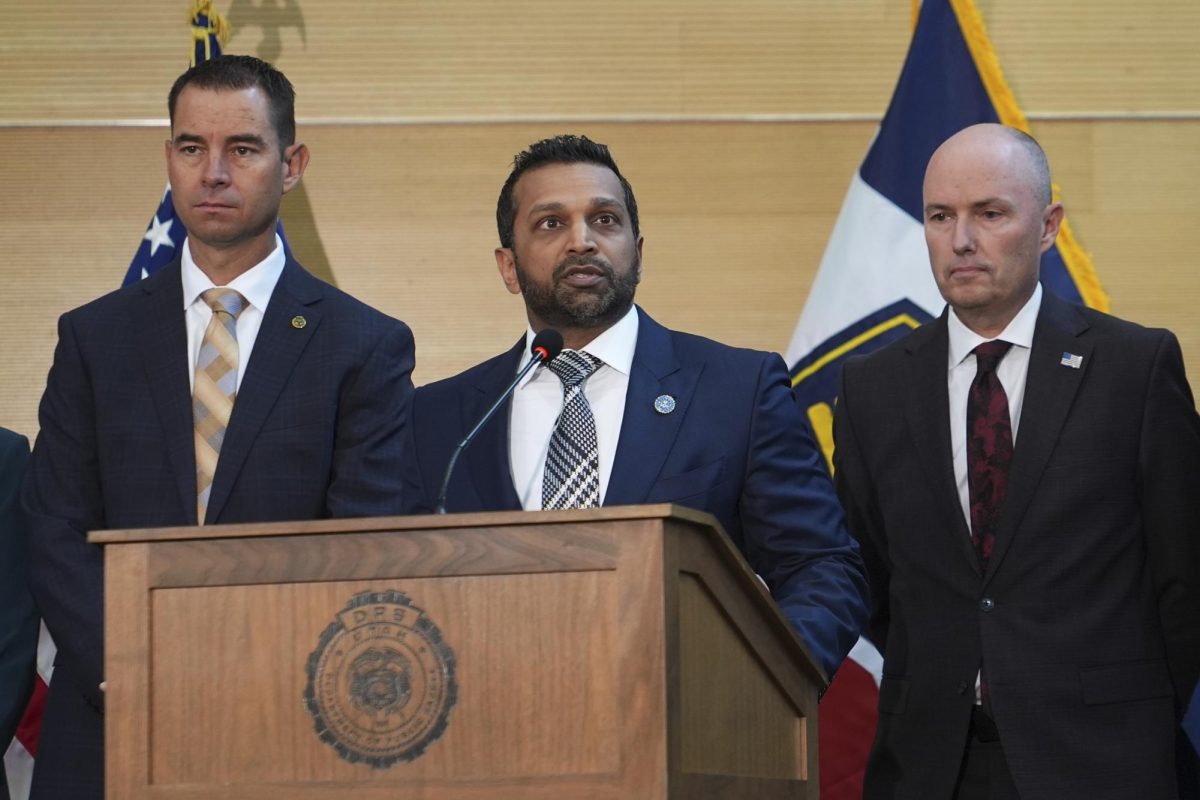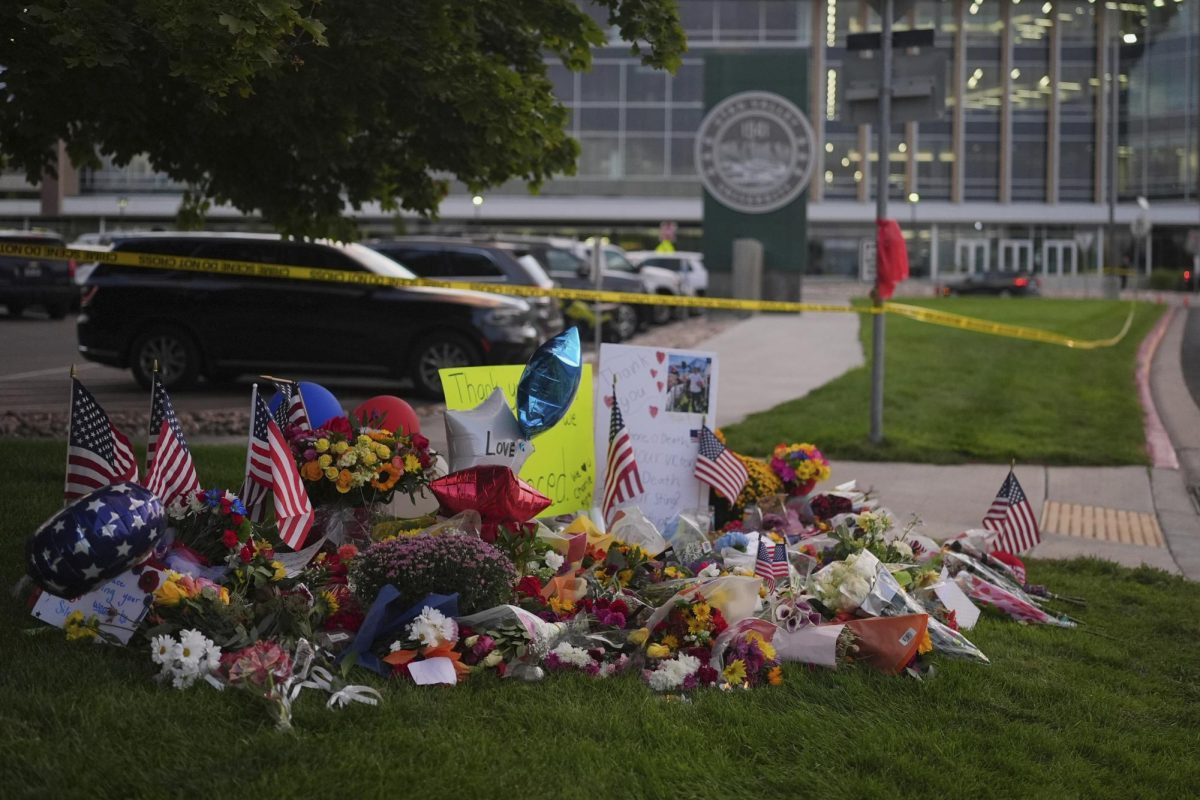‘Just Mercy’ Appropriately Appalls Audiences
January 16, 2020
Although the theater was packed, I was dismayed that even one seat was left unfilled. ‘Just Mercy’ is that important.
It tells the upsettingly true story of civil rights attorney Bryan Stevenson’s (Michael B. Jordan) fight to free innocent people from death row in Alabama.
The movie focuses primarily on the case of self-employed lumberjack Walter McMillian (Jamie Foxx), a poor black man who was wrongfully accused and convicted of murder in 1987 and sent to death row a year before his trial.
It delves into the uncomfortable reality of prejudiced juries and a corrupt justice system systematically sentencing innocent people to death in Alabama. The movie’s epilogue states that for every nine people sent to death row in the state, one person is not guilty of the crime that condemned them to death.
Director Destin Daniel Cretton takes care not to repel sensitive audiences with these horrors, playing ironic gospel music during an execution and choosing not to show the final moment of the condemned.
Angry tears rolled down my favorite hymn, “Blessed Assurance,” served as the soundtrack for the electrocution of a mentally ill, innocent black man, Herbert Richardson (Rob Morgan). Herbert lived just cells away from Walter, and they were friends.
Herbert’s last words before the boom of the electric chair are gut-wrenching. He tells his executioners and those in the audience that he has “no ill feeling” toward anyone. I doubt that I could muster that kind of strength, that I could forgive people of the absolutely unthinkable.
I was appalled—how could this clear miscarriage of justice coexist with American values and our Constitutional rights to life, liberty and the pursuit of happiness? Many audience members, likely experiencing a similar revelation, were wailing just as painfully as I was.
Each awful scene like this in ‘Just Mercy’ intended to elicit that exact reaction from its audience. We were right to be horrified.
Movies such as these are instrumental in enlightening those willing to be disturbed so we can affect change in the future. It could be a matter of life and death.











